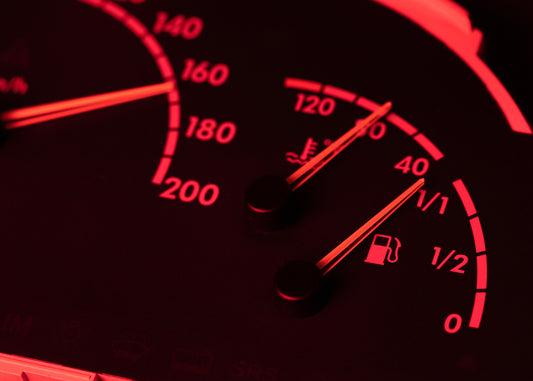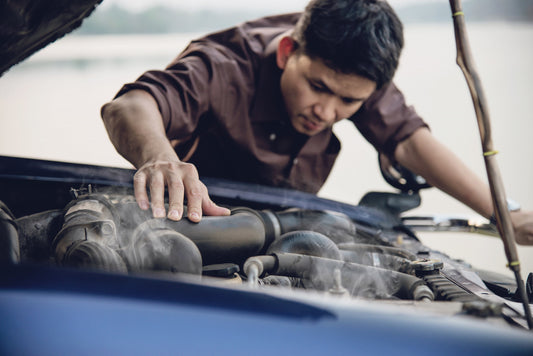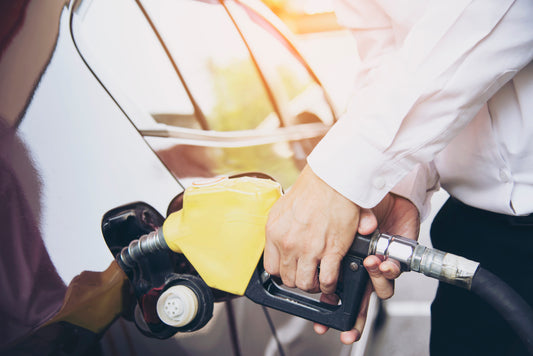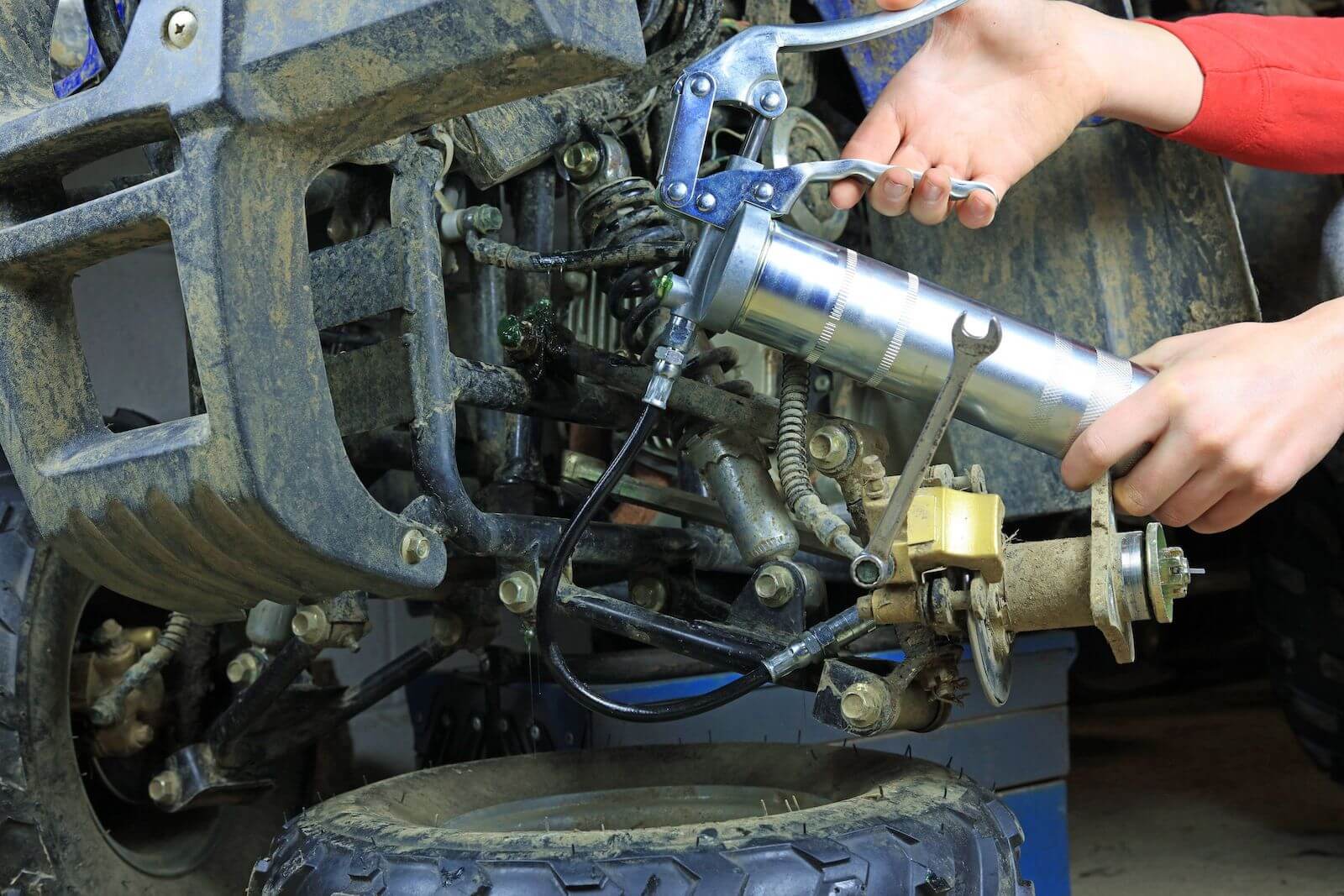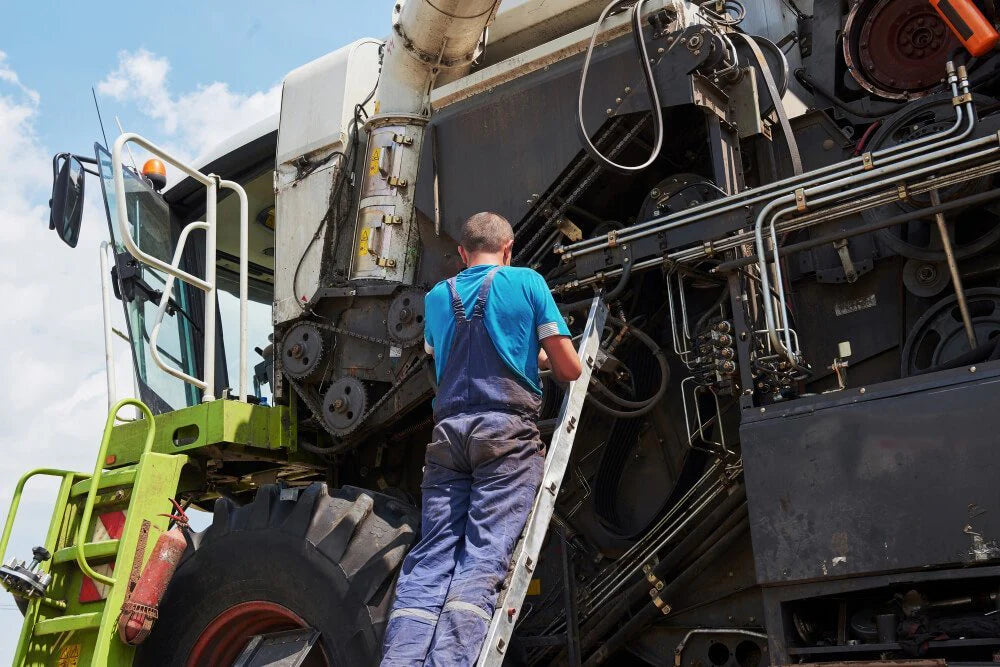Grease is a critical lubricant used in various industries, ranging from automotive to manufacturing, to ensure smooth and efficient operation of machinery. While grease is primarily designed to reduce friction and provide long-lasting lubrication, its performance can be significantly influenced by the presence of water.
In this blog, we will delve into the intricate relationship between water and grease, exploring the effects of water on grease performance and the measures to mitigate its negative impact.
Understanding Grease Composition
To comprehend how water affects grease performance, it is crucial to understand the basic composition of grease. Grease is a semi-solid lubricant composed of three main constituents: base oil, thickener, and additives.

The base oil provides lubrication, the thickener imparts structure, and the additives enhance specific properties. These components work together to form a cohesive lubricating film between surfaces, minimizing friction and wear.
Water Contamination: Causes and Consequences
Water contamination in grease can occur through various means, including environmental exposure, improper storage, and inadequate equipment sealing. The presence of water in grease can have significant consequences on its performance. Water can cause the grease to soften, reduce its load-carrying capacity, accelerate oxidation, promote corrosion, and lead to inadequate lubrication.
Understanding these consequences is vital to devise appropriate strategies for water management in grease.
1. Softening of Grease
One of the primary effects of water on grease is its softening. Water acts as a plasticizer, weakening the structural integrity of the thickener and diminishing the grease’s ability to maintain its consistency. Softening of grease can result in leakage, reduced lubricant retention, and compromised performance, leading to equipment failures and increased maintenance costs.
2. Load-Carrying Capacity
Water contamination in grease can significantly reduce its load-carrying capacity. As water infiltrates the lubricating film between surfaces, it disrupts the formation of a stable boundary layer, resulting in increased metal-to-metal contact. This increased contact leads to higher friction, wear, and potential surface damage.

Consequently, the lubricating efficiency of the grease is compromised, and the equipment’s ability to withstand heavy loads is reduced.
3. Oxidation and Corrosion
Water can act as a catalyst for the oxidation process, accelerating the breakdown of the base oil and thickener in grease. This oxidation leads to the formation of harmful byproducts such as sludge, varnish, and acids.
Additionally, the presence of water can promote corrosion of metal surfaces, further deteriorating equipment performance and longevity. Proper water management techniques, such as selecting greases with excellent water resistance and implementing effective sealing measures, are crucial to combat oxidation and corrosion.
4. Inadequate Lubrication
Water contamination can result in inadequate lubrication, jeopardizing the overall performance of machinery. Water molecules can displace the base oil from the surface, forming a barrier that hampers lubricant distribution and impairs the formation of an effective lubricating film. This lack of lubrication increases friction, heat generation, and wear, leading to premature equipment failure.
5. Managing Water Contamination
To mitigate the detrimental effects of water on grease performance, effective water management strategies are imperative. This includes implementing proper storage and handling practices, utilizing appropriate seals and enclosures, conducting regular equipment inspections, and employing greases specifically formulated for water resistance.
Additionally, implementing condition monitoring techniques can help identify water contamination at an early stage, enabling timely corrective actions.
How to Prevent Water from Degrading Your Grease and Equipment
It’s pretty amazing how big of an effect water has on grease! But now that we understand what can happen, we can take the necessary steps to prevent water problems. Take these steps to prevent water from degrading your grease and your equipment.
1. Park inside whenever possible
This may seem like a simple tip, but it is by far the best precaution. If your equipment can’t get wet there is no issue.

So, when possible, park equipment inside, when not possible utilize a tarp to get the rain off your machine. If neither of these two options works for you, you had better-read tip 2….and all the other tips.
2. Grease your equipment right after you park it.
When a pin or bushing is full of grease the grease acts as a seal and repels water, keeping the grease inside the pin or bushing like brand new. Therefore, it is crucial to grease your equipment when you park it, don’t over-grease, just make sure it has enough grease.
3. Use a Grease that is water resistant.
Not all grease is created equal, some greases are made very cheaply, and they do not hold up to water very well. Other greases are made to withstand moisture and repel it. We recommend AirTec Greases. All their products are fortified with antioxidation, mechanical stability, and waterproofing additives. AirTec’s Li400 grease is a great grease to use on nearly any application!
4. Buy/use grease in durable packaging.
Did you know that until recently most grease was packaged in cardboard tubes? While cheap to produce they are highly susceptible to degradation and contamination. Once the wax layer of the tube is worn or gets damaged, water and other debris can contaminate your grease. Plus, large voids in standard grease tubes are ideal for moisture to condense and further contaminate the grease.
Lube-Shuttle® cartridges are a newer grease tube (developed about 20 years ago) that use recyclable plastic and are extremely durable. So, if you are looking to minimize water and other contaminants buy grease in Lube-Shuttle® cartridges!
Summary
The impact of water on grease performance is undeniable, with potentially severe consequences for machinery reliability and efficiency. Understanding the relationship between water and grease is crucial for industries relying on adequate lubrication.
By implementing appropriate water management strategies, selecting greases with superior water resistance, and ensuring proactive maintenance practices, industries and individuals can optimize grease performance, enhance equipment longevity, and reduce downtime and maintenance costs.


